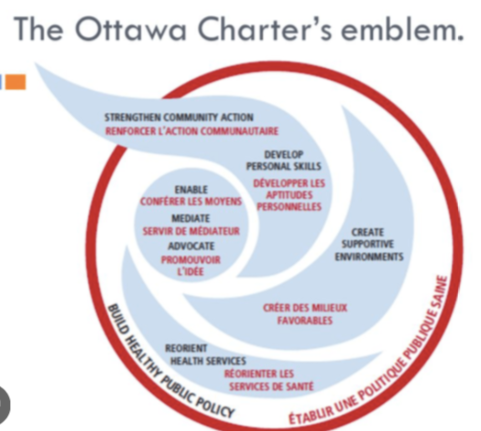Positionally Statement
- sabrinaj2000
- May 22, 2024
- 2 min read
Updated: Jun 5, 2024
I identify as heterosexual woman, my pronouns are she/her, and I am fortunate to have grown up in a first world country such as Canada. I am grateful to identify as a Caucasian female who is middle-class and fortune to have both parents who supported me growing up and continue to be there when needed. I am actively continuing my education through obtaining a master’s degree here at Athabasca University. I am thankful for having the opportunity to participate in the programs offered. In my current research, I have such strong feelings about helping those in need, focusing on vulnerable populations, especially the elderly and those with disabilities. My positionality is centered around being an advocate for those who are a part of vulnerable populations. By providing support and encouraging individuals to present their strengths, as a community we can empower all to thrive and produce meaningful contributions. In order to support and empower vulnerable populations, we must first understand that society has barriers that make it harder for individuals to have equal access to the same things as individuals not part of a vulnerable population. Vulnerability is a key component of disaster health risk for communities and people’s vulnerability to disaster risk can be the biggest factor in determining their disaster risk (WHO, 2024). Vulnerable populations are often at a higher risk of infection transmission and/or disease severity due to poorer baseline health status or lower health literacy, fewer opportunities to seek care, and increased barriers to access the health systems (WHO, 2020).
As a healthcare provider, it is critical that we allow these individuals to recognize, use, and understand their voices while working with to advocate for equitable access to resources and opportunities. In turn, this will foster inclusive environments, creating an inclusive society in which individuals can safely flourish and act upon their full potential. This will also decrease the stigmatization of this population and educate the community in taking steps forward to provide a safe environment.
References:
WHO. (2020, June 27). Actions for consideration in the care and protection of vulnerable population groups for covid-19. World Health Organization. https://iris.who.int/handle/10665/333043
WHO. (2024). Vulnerability and vulnerable populations. World Health Organization. https://wkc.who.int/our-work/health-emergencies/knowledge-hub/community-disaster-risk-management/vulnerability-and-vulnerable-populations




Comments